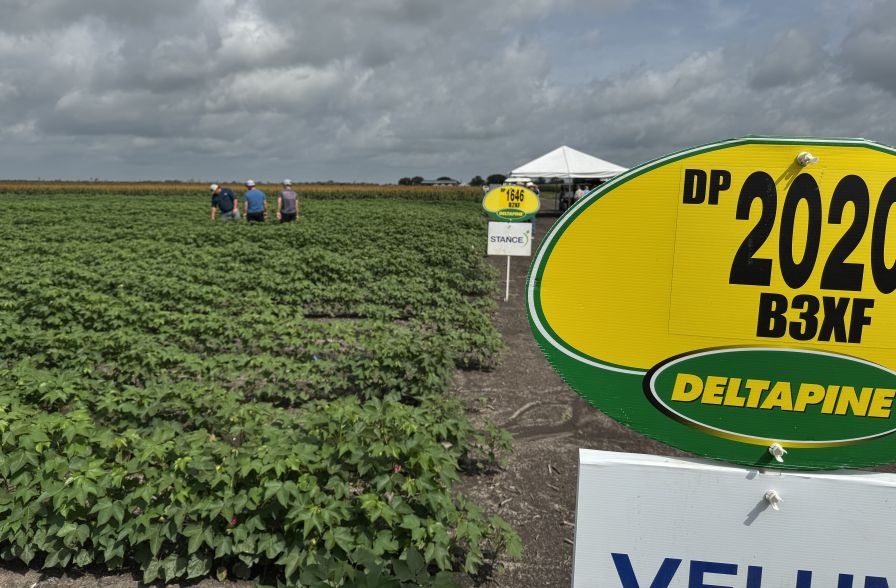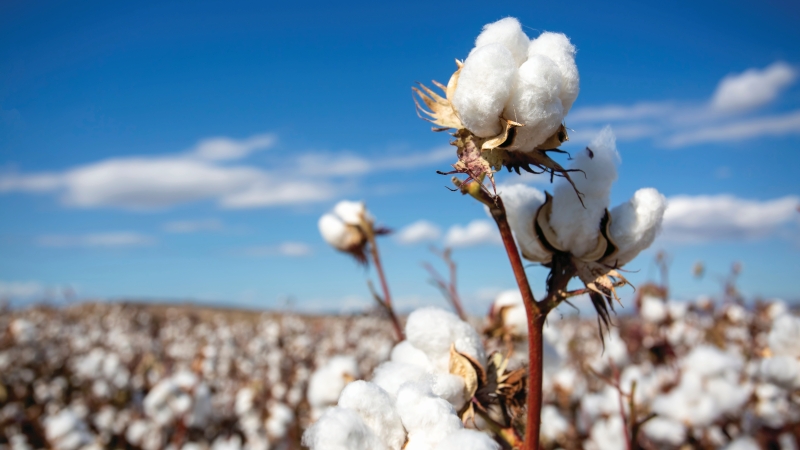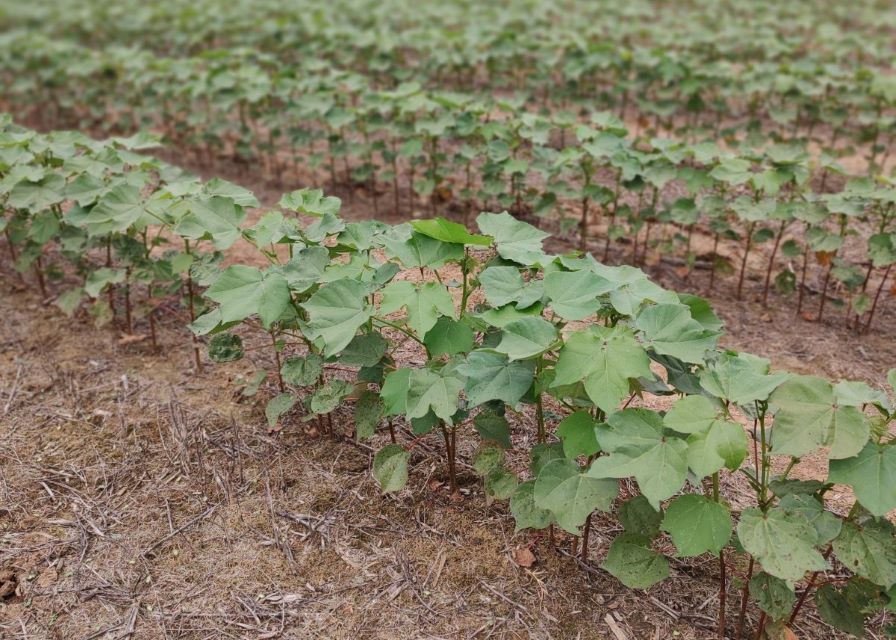Monsanto Partners with Universities on International Ag Innovation
Representatives from the nation’s 18 historically black land-grant universities (commonly referred to as 1890 institutions) and others gathered this week to draw upon 120 years of experience serving the American public in areas ranging from involvement in international education to healthcare. The event closed today discussing collaboration efforts among the members of the Council of 1890 Universities to rapidly and dramatically improve the productivity of agriculture in the next 30 to 40 years, raise student persistence and resilience rates, provide student financial literacy, internationalize the curriculum on their campuses, and address health and obesity issues in underserved and rural communities.
In 1890, when funding for land-grant colleges and universities was established, the global population was estimated to be roughly 1.5 billion. Today, the global population is nearing 7 billion and is projected to reach 9 billion in just 40 years and advancing agriculture to meet critical future demands is more important than ever.
At the meeting, the Council confirmed a broad collaboration effort among the council members and Monsanto Company. Kevin Holloway, U.S. Operations Lead for Monsanto, spoke to the group about working together more closely in the coming years.
“Public research institutions have been instrumental in several advances agriculture has seen and we welcome this opportunity to talk with the 1890s Universities about our interest in working even more closely with them in the future,” Holloway said.
“As leaders in agriculture, we have a responsibility to serve as a catalyst to the broader community,” says Dr. Lorenzo Esters, vice president of the Association of Public and Land-Grant Universities (APLU). “For research institutions, there has never been a better or more crucial time to have various organizations from the public and private sectors work together to help achieve the common goal of feeding people all over the world. We appreciate Kevin Holloway of Monsanto coming to talk with us about ways we can work together on this goal.”
Holloway announced a memorandum of understanding with the Council to encourage collaborative research projects, to facilitate diverse groups coming together to work on the important and pressing areas of food production while seeking to improve the overall sustainability of agriculture.
Advances in agriculture and the continued entrepreneurial spirit of farmers have doubled corn yields in the past 30 years. Changing diets, warming climates and increased economic prosperity in the developing world will rapidly increase the demands placed on agriculture. Many experts believe that when both population and food consumption rate increases are accounted for, it is estimated that food production will need to triple by the year 2050.
“More than ever before, our collective well-being is linked to the sustainable and competitive production of food, fiber and now fuel, on America’s lands,” said Dr. Hazo Carter who serves dual roles as chair of the Council of 1890 Universities and president of West Virginia State University. “The future of this foundational element of our economy and of our way of life depends upon continued investment in discovery, innovation and science-based applications. Our land-grant universities are proud of the role we have played thus far and look forward to being leaders of the research and education underlying that success in the future.”









